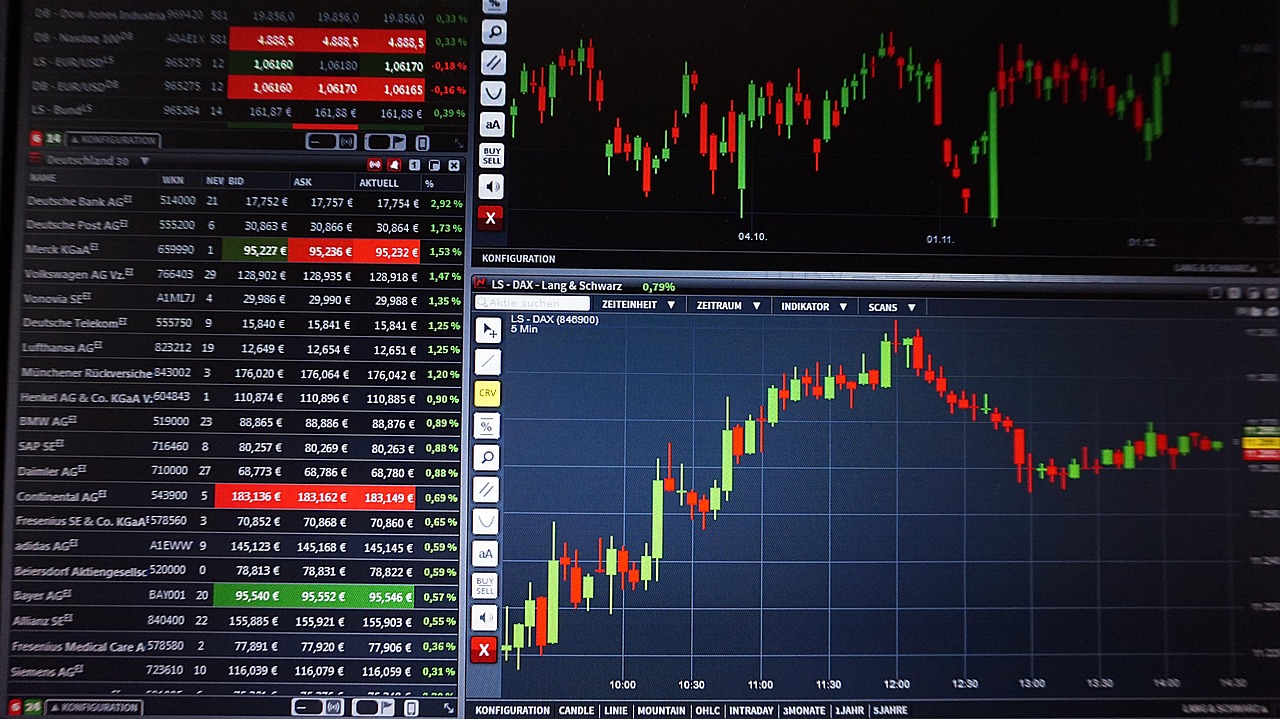新冠疫情翻译成英文怎么说(新冠疫情翻译成英文怎么说呢)
In the early days of 2020, the world was thrown into a tailspin by the emergence of a novel coronavirus, later named SARS-CoV-2, which caused a global pandemic we now know as COVID-19. This unprecedented health crisis has not only reshaped the way we live but has also tested the resilience of societies and economies across the globe. The impact of the pandemic extends far beyond the loss of life; it has disrupted supply chains, strained healthcare systems, triggered economic downturns, and forced a reevaluation of social norms and lifestyles.
The Initial Outbreak and Global Response
The first reports of the virus emerged from Wuhan, China, in late 2019, sparking fears of an unknown and potentially deadly pathogen. Within weeks, the World Health Organization (WHO) declared a Public Health Emergency of International Concern, signaling the need for immediate action. Governments around the world implemented travel restrictions, closed borders, and imposed lockdowns to curb the spread of the virus. These measures, while effective in slowing down its transmission initially, also brought about unprecedented economic and social challenges.
The Impact on Healthcare Systems
One of the most immediate and severe impacts of COVID-19 was on healthcare systems. Hospitals worldwide were overwhelmed with cases, leading to a shortage of intensive care units (ICUs), ventilators, and personal protective equipment (PPE) for healthcare workers. This resulted in a significant strain on medical personnel, who were forced to make difficult decisions about allocating resources and prioritizing treatments. The pandemic also exposed existing inequalities in healthcare access, with lower-income countries facing greater challenges in managing the crisis due to limited resources and infrastructure.

Economic Fallout
The economic repercussions of the pandemic were swift and severe. Businesses, particularly those in the hospitality, tourism, and retail sectors, saw a sharp decline in revenue as lockdowns and travel restrictions led to a collapse in demand. Unemployment rates soared as businesses closed or reduced operations, leading to widespread financial distress. Governments responded with stimulus packages and bailouts to cushion the blow, but the recovery remains fragile and uneven across countries.
Social and Psychological Effects
The pandemic has also had profound effects on society and individual well-being. Isolation measures have led to increased feelings of loneliness and anxiety among people of all ages. The uncertainty surrounding the virus has fueled谣言and misinformation, exacerbating public fear and polarization. Mental health services have been strained, with many reporting increased cases of depression, PTSD, and substance abuse.
Adaptations and Innovations

Despite the challenges, humanity has shown remarkable adaptability and innovation in response to the pandemic. The adoption of digital technologies has accelerated, with remote work becoming the norm for many industries, education shifting to online platforms, and e-commerce booming. The healthcare sector has seen the development of new vaccines and treatments in record time, thanks to investments in research and collaboration across borders. Additionally, community-based initiatives have sprung up to support vulnerable populations and ensure essential services continue functioning.
Looking Ahead: Hope and Resilience
As we navigate through the third year of the pandemic, it's clear that while COVID-19 has brought unprecedented challenges, it has also revealed the strength and resilience of humanity. Vaccination campaigns are underway globally, offering a ray of hope for a return to some semblance of normality. However, the path to recovery will be long and complex, requiring continued efforts in public health, economic stimulation, and social support.
The lessons learned from this pandemic are numerous: the importance of global cooperation, the fragility of healthcare systems under stress, and the need for resilience in the face of adversity. As we emerge from this crisis, it is crucial to invest in public health infrastructure, strengthen global health security, and foster a culture of empathy and solidarity that can help us better prepare for future challenges.

In conclusion, the COVID-19 pandemic has been a defining moment in human history, forcing us to confront our vulnerabilities and harness our collective strength. Through adaptation, innovation, and a commitment to building a more resilient society, we can emerge stronger than before, ready to face whatever challenges may come our way.





还没有评论,来说两句吧...